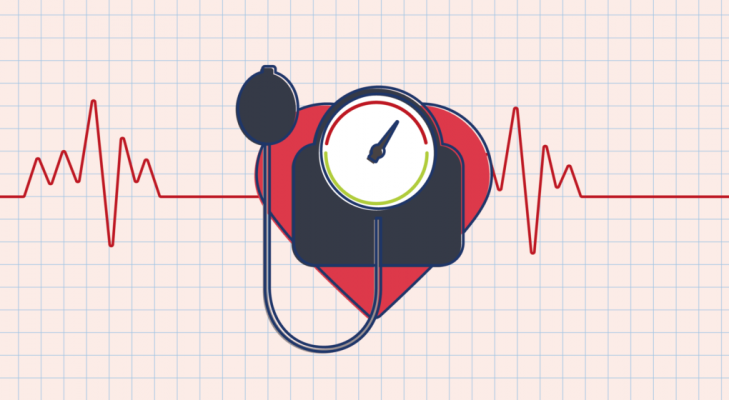As cases of monkeypox rise across the nation, the U.S. Centers for Disease Control and Prevention (CDC) reported the disease is primarily affecting “men who have sex with men.”
An update by the CDC showed 31 confirmed cases in the U.S. as of Monday. “It’s not clear how the people were exposed to monkeypox, but early data suggest that gay, bisexual, and other men who have sex with men make up a high number of cases,” the CDC said regarding monkeypox in the U.S. The agency emphasized that “anyone who has been in close contact with someone who has monkeypox is at risk.”
New York led Monday in the U.S. with the highest case count at seven, and California followed with six, according to the CDC. Four cases were reported in Florida, three in Colorado, and two each in Utah and Illinois. One case was listed in Washington, D.C., Georgia, Hawaii, Massachusetts, Pennsylvania, Virginia and Washington.
Worldwide, there are 1,019 cases reported in 29 countries where monkeypox is not normally present.
Monkeypox, traditionally seen in West and Central Africa, is a virus transmitted from animals to humans. The illness lasts two to four weeks, according to the CDC, and causes symptoms such as a fever, headache and muscle aches prior to the appearance of a rash.
Monkeypox is spread several ways, including skin-to-skin contact with the rash or sores.
“We know the virus can be spread in fluid or pus from monkeypox sores, and are trying to better understand if the virus could be present in semen, vaginal fluids or other body fluids,” the CDC said.
The health agency also recently issued a travel warning, raising the tier of concern from a Level 1 “watch” to a Level 2 “alert.”
The CDC advises travelers to “wear a mask,” as the disease can also be spread by “respiratory droplets or oral fluids from a person with monkeypox.”
“Wearing a mask can help protect you from many diseases, including monkeypox,” the CDC said.
Health officials also advise avoiding close contact with people who are ill, “including those with skin lesions or genital lesions,” as well as avoiding contact with contaminated items such as clothing and bedding.
Travelers should also stay away from contact with wild animals including rodents and monkeys and should not eat wild game from Africa.
“Risk to the general public is low, but you should seek medical care immediately if you develop new, unexplained skin rash (lesions on any part of the body), with or without fever and chills, and avoid contact with others,” the CDC said.
Newsweek reached out to the CDC for additional information.



Connect with us on our socials: